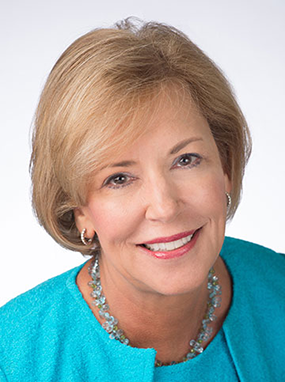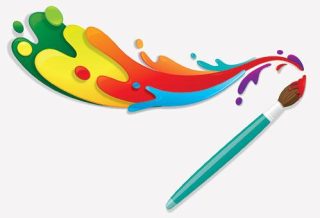Read the remaining content with membership access. Join or log in below to continue.
Sed ut perspiciatis unde omnis iste natus error sit voluptatem accusantium doloremque laudantium, totam rem aperiam, eaque ipsa quae ab illo inventore veritatis et quasi architecto beatae vitae dicta sunt explicabo. Nemo enim ipsam voluptatem quia voluptas sit aspernatur aut odit aut fugit, sed quia consequuntur magni dolores eos qui ratione voluptatem sequi nesciunt. Neque porro quisquam est, qui dolorem ipsum quia dolor sit amet, consectetur, adipisci velit, sed quia non numquam eius modi tempora incidunt ut labore et dolore magnam aliquam quaerat voluptatem.
About The Elements
The Elements: Transforming Teaching Through Curriculum-Based Professional Learning is a report from Carnegie Corporation of New York that explores how professional learning anchored in high-quality curriculum materials can improve teaching and learning for all.
Its aim is to guide teachers to experience instruction as their students will, change instructional practices, and lead to better student outcomes. Growing out of Carnegie’s grantmaking work, it details the following key elements of curriculum-based professional learning and essentials that underlie the processes of change:
Core design features: curriculum, transformative learning, and equity;
Functional design features: learning designs, beliefs, reflection and feedback, and change management;
Structural design features: collective participation, models, and time; and
The essentials: leadership, resources, and coherence.
For more information, visit www.carnegie.org/elements.
How "The Elements" supports teachers
“Our investment in Skyline demands that we provide our teachers with the support they need to successfully implement Skyline in their classrooms,” said Jonathan Ben-Isvy, manager of professional learning for Chicago Public Schools. “This means supporting and building content knowledge and instructional practices by rooting these in the Skyline materials they will use in their classrooms and with the very students they will be teaching in mind.
“The Elements has guided our vision for successful implementation of Skyline,” Ben-Isvy said. “Each decision is made with the intention of being as true to the framework as feasible within the complexity of a school system the size of Chicago.”
References
Short, J.B. & Hirsh, S.A. (2020). The elements: Transforming teaching through curriculum-based professional learning. Carnegie Corporation of New York. www.carnegie.org/publications/elements-transforming-teaching-through-curriculum-based-professional-learning/
TNTP. (2018). The opportunity myth: What students can show us about how school is letting them down — and how to fix it. Author. opportunitymyth.tntp.org/
Recent Issues
NAVIGATING NEW ROLES
April 2025
Whether you’re new to your role or supporting others who are new,...
LEARNING DESIGNS
February 2025
How we learn influences what we learn. This issue shares essential...
BUILDING BRIDGES
December 2024
Students benefit when educators bridge the continuum of professional...
CURRICULUM-BASED PROFESSIONAL LEARNING
October 2024
High-quality curriculum requires skilled educators to put it into...













